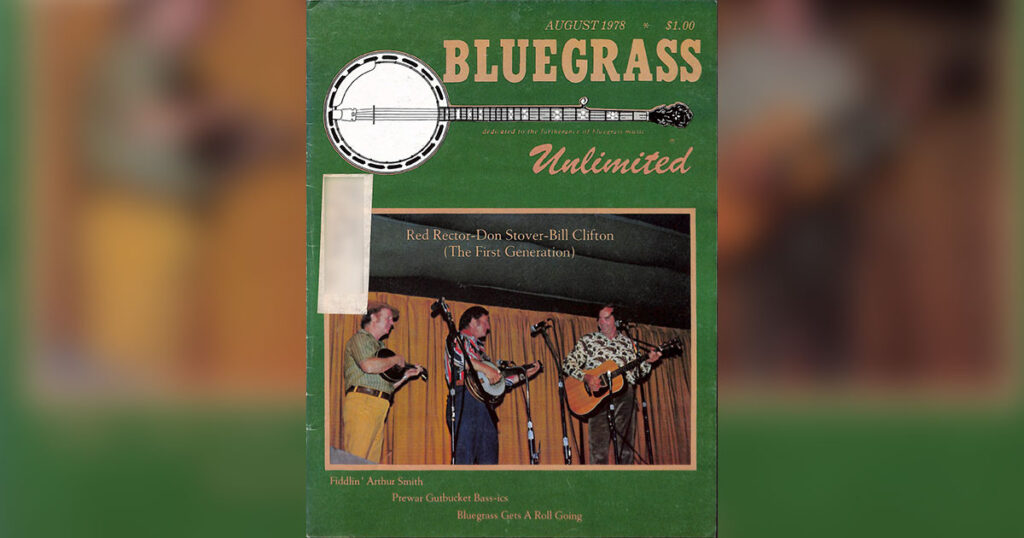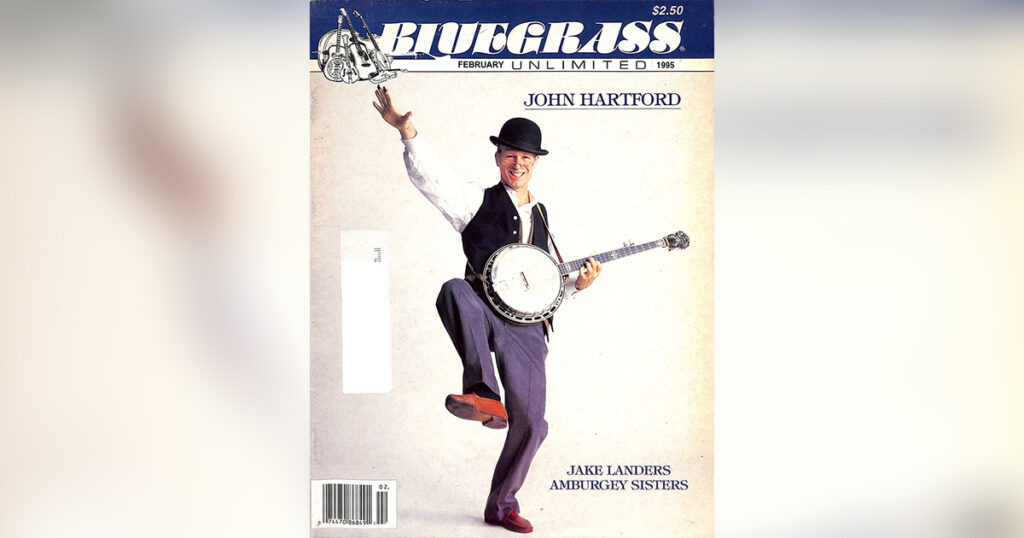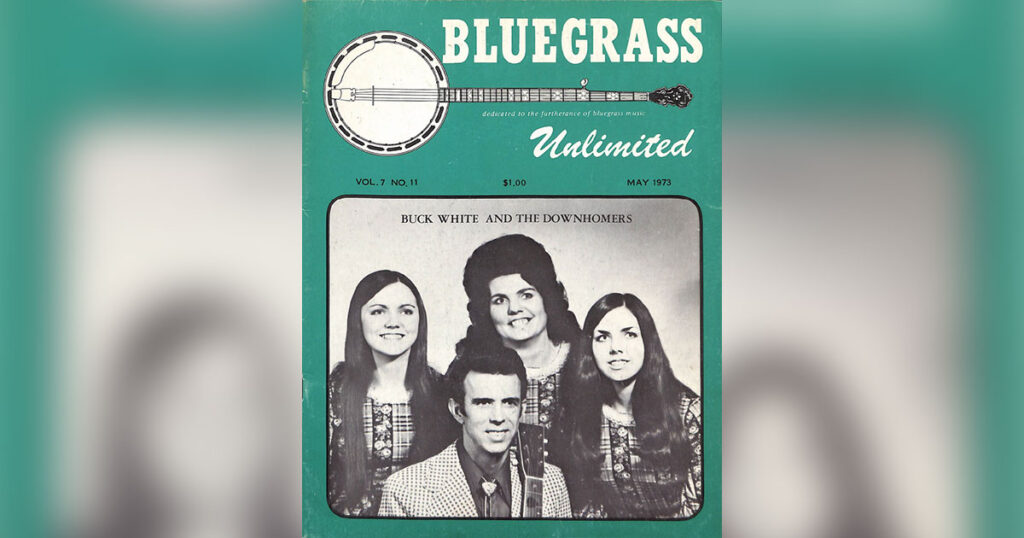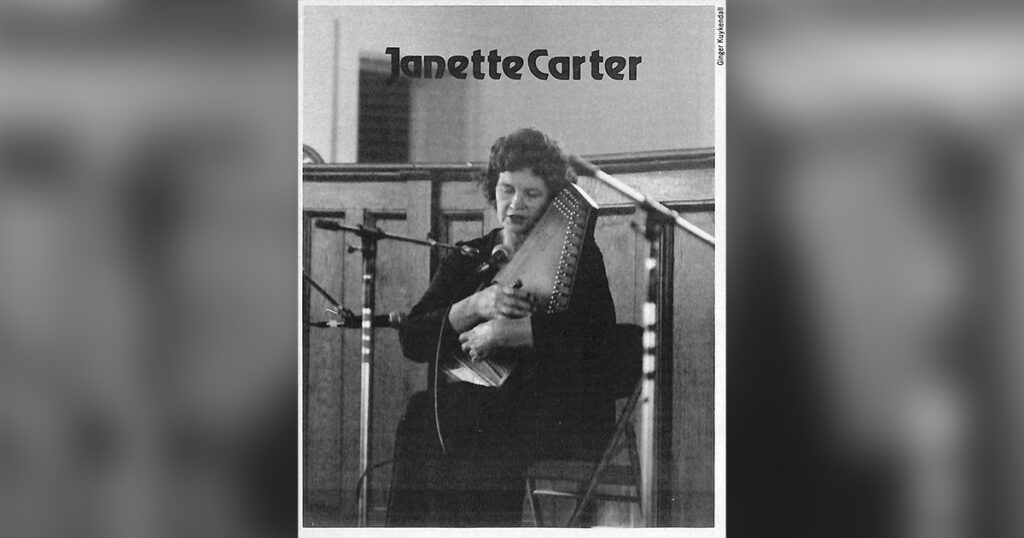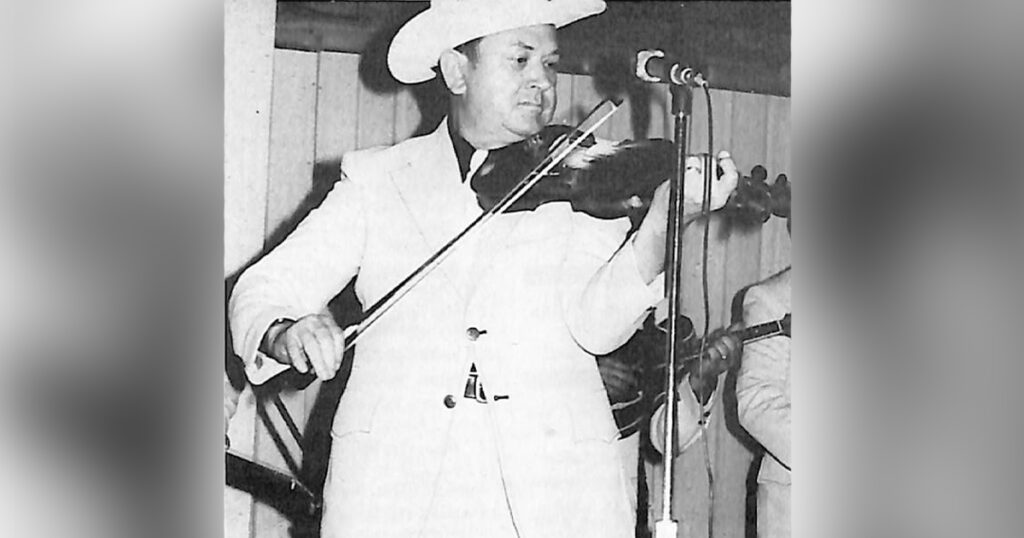The Archives
Bill Keith
Reprinted From Bluegrass Unlimited Magazine December 1975, Volume 10, Number 6 This article came from information compiled by Tony Trischka, noted banjo player in his own right, in preparation for his forthcoming book “Melodic Banjo” to be published by Oak Publications in the early part of 1976. Bill Keith is what you might call an…
Bill Clifton—Red Rector—Don Stover: The First Generation, A Bluegrass Experiment
By Dick Spottswood Reprinted from Bluegrass Unlimited Magazine August 1978, Volume 13, Number 2 Over thirty years ago an astute jazz promoter named Norman Granz had an idea. Big bands had dominated the jazz and pop scenes before World War II, producing much of the significant talent which emerged during the era. But between the…
The Old Mill Stream of Consciousness: John Hartford in the ‘90s
Reprinted from Bluegrass Unlimited Magazine February 1995, Volume 29, Number 2 John Hartford keeps heading into the future by delving way back into the past. It’s not that Hartford stays lost in thoughts of by gone days; his busy career includes the recent release “The Walls We Bounce Off Of” on his Small Dog label,…
Buck White & The Downhomers
Reprinted from Bluegrass Unlimited Magazine May 1973, Volume 7, Number 11 The sprawling, desolate Texas plains have never been the spawning ground of bluegrass talent that the Appalachians have. Involved for years with its own gift of genius to American music—Western Swing—Texas has made bluegrass music fight hard for a toehold out there, even today….
Janette Carter
Reprinted from Bluegrass Unlimited Magazine February 1979, Volume 13, Number 8 It was spring in the Appalachian mountains. The sun was bright and the air was cool. White dogwood trees were in bloom throughout Kentucky, Tennessee and Virginia. Mountain laurel covered the ground. The foliage was so breath-taking it was hard to imagine that it…
Fiddlin’ Paul Warren
By Doc Hamilton and Dick Spottswood Reprinted from Bluegrass Unlimited Magazine February 1978, Volume 12, Number 8 It is with a great deal of sorrow that we note the passing of Paul Warren in the early morning hours of January 12th at Baptist Hospital in Nashville, Tennessee. Paul had been a patient in the hospital…

